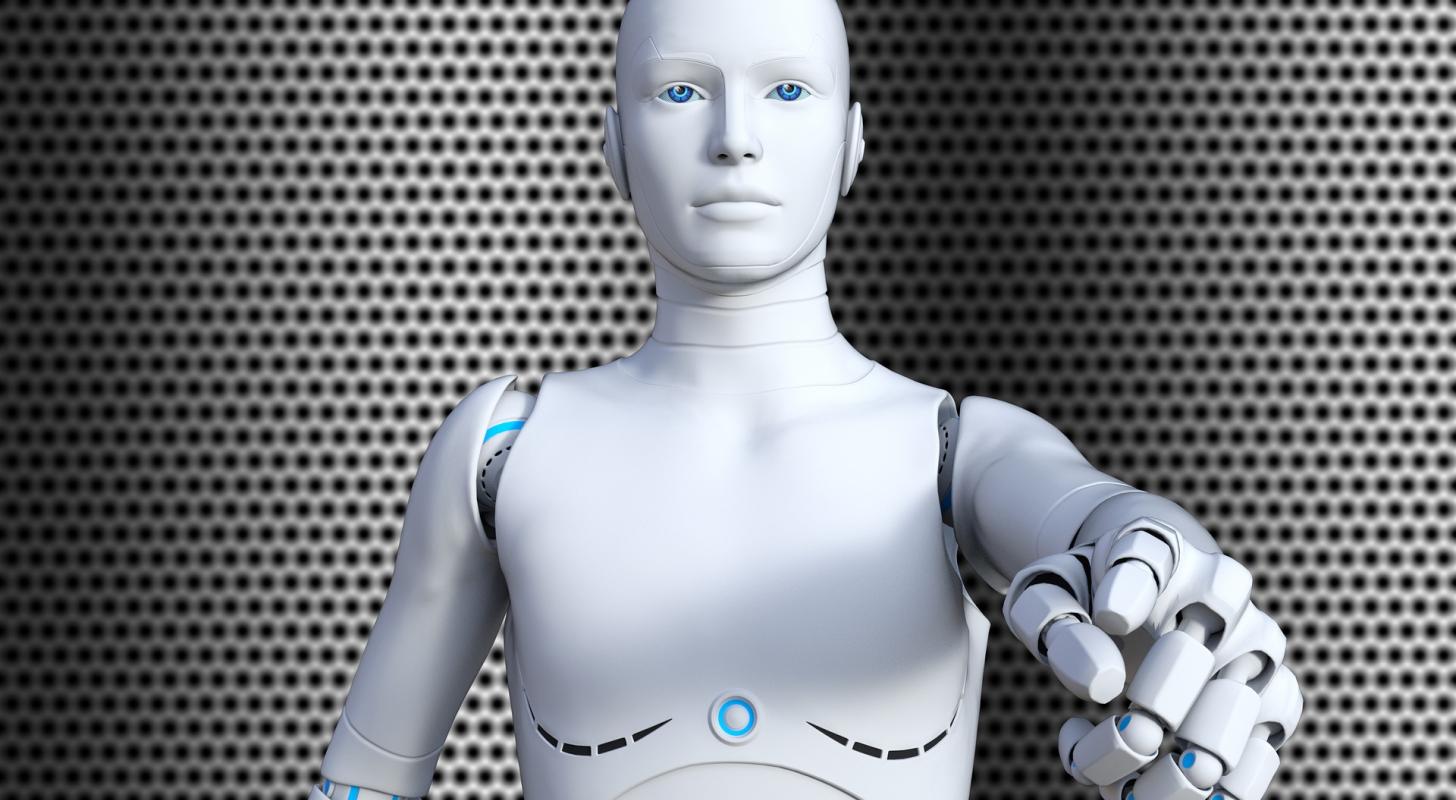
One of the key moments of Teslas TSLA AI Day in August 2021 was the unveiling of the Tesla Bot, a humanoid robot highlighted by the CEO Elon Musk. Tesla’s introduction of robots that could be used for a range of sectors could raise an old debate about whether robots should be taxed.
What happened: Bill Gatesthe founder of Microsoft Corporation MSFT, said 2017 that robots should be taxed if they do the work for humans.
“If a human worker in a factory does $50,000 of work, that income is taxed,” Gates said. “If a robot comes along to do the same thing, you would think we would tax the robot at a similar rate.”
The European Union said it would not support a robot tax. The EU said it does not support taxing robots because it could slow progress and put European countries behind other countries around the world that do not want to levy taxes.
“This is the wrong solution” Oren Etzioni told CNBC at the time. The college professor argued that Gates probably wouldn’t have been in favor of levying taxes on personal computers that would take jobs away from office workers.
“What happens if every country doesn’t do this,” argued author Martin Ford. Ford noted that taxing robots could become a competition issue, much like the EU has said about losing a competitive advantage.
Related link: Tesla wants to make humanoids with prototype planned for next year, says Elon Musk
Why it matters: The debate over whether robots should be taxed has been highlighted through Anthony Pompliano.
“You know Bill Gates has come out multiple times and said robots should be taxed,” Pomplliano said.
Pompliano discussed the debate over Gates’ call for taxing robots on his The Best Business Show, noting that the European Union opposed a tax year earlier.
Gates wants to tax robots and Musk wants to send robots to Mars, Pompliano told viewers.
“There are two different worldviews here.”
Musk has suggested the robots could be sent to work on Mars, reply to a user…
[ad_2]
Source story

